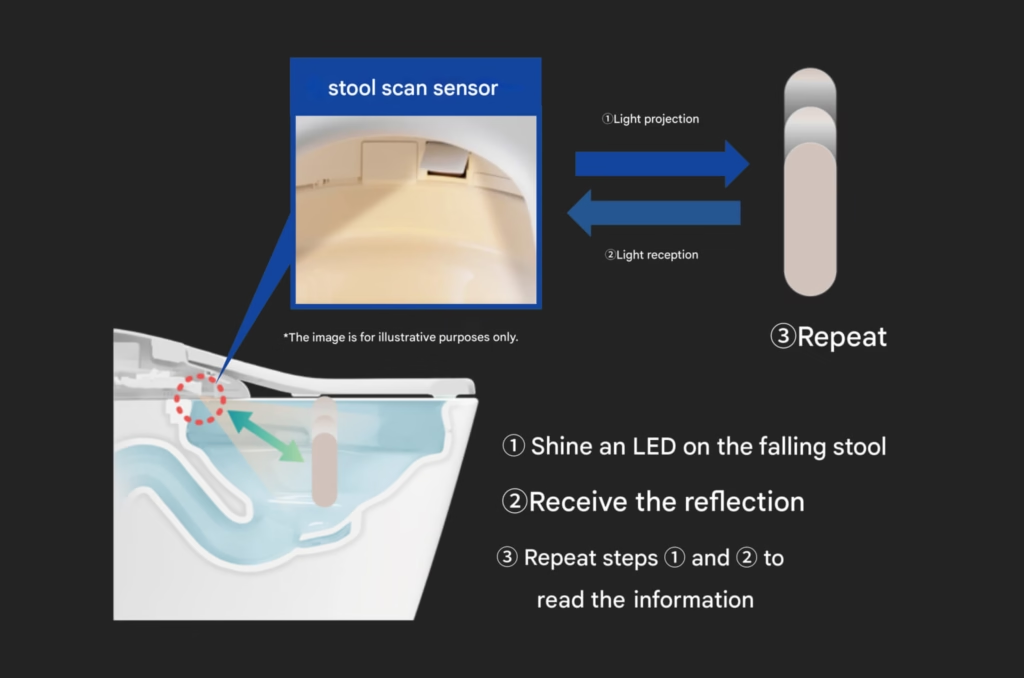Navigating Intimacy: Understanding Women’s Sexual Health

Intimacy is a very important aspect of human relationships, encompassing emotional, physical, and sexual aspects. For women, dealing with intimacy involves a complex interaction of biological, psychological, and social factors that determine their sexual health and sexual experiences. Understanding women’s sexual health is critical not only for personal health, but also for fostering healthier relationships and promoting overall health.
Biological Landscape
Female sexual health is closely tied to biological factors that are unique to women. Understanding the relevant anatomy and physiology is essential. Key aspects include:
Reproductive Health:
The menstrual cycle, fertility, and menopause are important stages in a woman’s life that have a significant impact on her sexual health. A woman’s reproductive health encompasses a range of biological processes and considerations that have a profound impact on her overall health and quality of life. From the beginning of puberty through menopause and beyond, understanding and managing reproductive health is essential for women to live healthy, fulfilling lives.
Sexual Anatomy:
Familiarity with the clitoral, vaginal anatomy, and erogenous zones can enhance pleasure and potential problems (such as pain) during sexual intercourse. Understanding sexual anatomy is fundamental to understanding the complexity and diversity of the female body in relation to sexual health and intimacy. From external features to internal structures, the female reproductive anatomy is both complex and critical to sexual pleasure, reproduction, and overall health.
Hormonal influences:
Hormone fluctuations, such as those during the menstrual cycle or pregnancy, can affect sexual desire and response. Hormones play a key role in regulating a variety of physiological processes throughout a woman’s life, influencing everything from the menstrual cycle and fertility to sexual desire and overall health. Understanding the intricate interactions between hormones is essential to understanding women’s health and addressing hormone imbalances that can impact quality of life.
Psychological and emotional factors
Women’s sexual health is deeply influenced by their mental and emotional health:
Self-Image and Body Confidence:
Body positivity and self-esteem play a vital role in sexual satisfaction. Self-image and body confidence are integral to a woman’s overall well-being and play a major role in shaping her intimacy, relationships, and personal fulfillment. Embracing and nurturing a positive self-image and body confidence requires understanding the factors that influence them and developing a mindset of self-acceptance and empowerment.
Emotional connection:
Building an emotional connection with your partner fosters intimacy and fulfillment. Emotional connection is the foundation of deep and meaningful relationships, including romantic relationships, friendships, and family ties. It involves mutual understanding, empathy, trust, and vulnerability, allowing individuals to feel seen, heard, and valued by the other person. In close relationships, nurturing emotional connection is essential to fostering intimacy, resilience, and long-term fulfillment.
Past experience:
Previous trauma or negative experiences may affect current sexual health and relationships.
Past experiences can greatly influence a person’s perceptions, behaviors, and emotions in close relationships. These experiences can range from childhood development and family dynamics to previous romantic relationships, friendships, and major life events.
Sociocultural factors
Social and cultural backgrounds also influence women’s sexual health:
Cultural norms:
Attitudes about sex, gender roles and expectations vary from culture to culture and can influence sexual expression. Cultural norms include a variety of beliefs, values, traditions and expectations that shape society’s attitudes toward women’s sexual health and intimate relationships. These norms vary widely across cultures and can profoundly influence how women view and experience their own sexuality, as well as how their communities approach their sexual health.
social support:
Supportive relationships and access to accurate sexual health information are essential. Social support refers to the network of relationships, resources, and emotional help that individuals receive from their social connections. These relationships play a vital role in shaping physical and emotional health, including their impact on women’s sexual health and intimate relationships. Understanding the dynamics of social support allows us to recognize its importance in coping with life challenges, promoting well-being, and improving overall quality of life.
Stigma and Taboo:
Addressing the stigma surrounding sexual health issues can encourage people to communicate openly and seek help when needed. Stigma and taboos surrounding female sexuality persist in many cultures around the world, influencing attitudes, behaviors, and access to essential sexual health resources. These social norms often promote myths, misinformation, and shame that create barriers to open communication, education, and equal health care for women. Understanding the impact of stigma and taboos is critical to removing these barriers and promoting positive, empowered female sexual health and intimacy.
Common Challenges and Solutions
Focusing on women’s sexual health often requires addressing the following common challenges:
Sexual dysfunction:
Conditions such as low sexual desire, painful intercourse (dyspareunia), and difficulty achieving orgasm require awareness and sometimes medical intervention.
Communication issues:
Communicating openly with your partner about desires, boundaries, and concerns can promote a healthier relationship.
Getting Care:
Comprehensive sexual health care is essential, including gynecological examinations, contraceptive counseling, and sexually transmitted infection (STI) screening.
Improving female sexual health requires a holistic approach:
Education and Awareness:
Providing accurate information allows women to make informed decisions about their bodies and sexual health.
Supportive Environment:
Creating safe spaces to discuss private issues can reduce stigma and encourage help-seeking.
Advocacy and Policy:
Advocating for policies that support sexual health education, access to health care services, and research benefits society as a whole.
in conclusion
Understanding and taking ownership of women’s sexual health is a process that involves acknowledging the various factors that impact a woman’s intimate life. By cultivating a supportive and informed approach to sexuality, we can promote healthier relationships, empower individuals, and enhance overall well-being. Contact us today at the Center for Relationship & Intimacy Health at 21781 Ventura Blvd, Suite 1024, Woodland Hills, CA 91364. Through education, open communication, and advocacy, we can ensure that every woman has the necessary resources and support to navigate intimate relationships with confidence and joy.


 Anal Beads
Anal Beads Anal Vibrators
Anal Vibrators Butt Plugs
Butt Plugs Prostate Massagers
Prostate Massagers
 Alien Dildos
Alien Dildos Realistic Dildos
Realistic Dildos
 Kegel Exercisers & Balls
Kegel Exercisers & Balls Classic Vibrating Eggs
Classic Vibrating Eggs Remote Vibrating Eggs
Remote Vibrating Eggs Vibrating Bullets
Vibrating Bullets
 Bullet Vibrators
Bullet Vibrators Classic Vibrators
Classic Vibrators Clitoral Vibrators
Clitoral Vibrators G-Spot Vibrators
G-Spot Vibrators Massage Wand Vibrators
Massage Wand Vibrators Rabbit Vibrators
Rabbit Vibrators Remote Vibrators
Remote Vibrators
 Pocket Stroker & Pussy Masturbators
Pocket Stroker & Pussy Masturbators Vibrating Masturbators
Vibrating Masturbators
 Cock Rings
Cock Rings Penis Pumps
Penis Pumps
 Wearable Vibrators
Wearable Vibrators Blindfolds, Masks & Gags
Blindfolds, Masks & Gags Bondage Kits
Bondage Kits Bondage Wear & Fetish Clothing
Bondage Wear & Fetish Clothing Restraints & Handcuffs
Restraints & Handcuffs Sex Swings
Sex Swings Ticklers, Paddles & Whips
Ticklers, Paddles & Whips

















